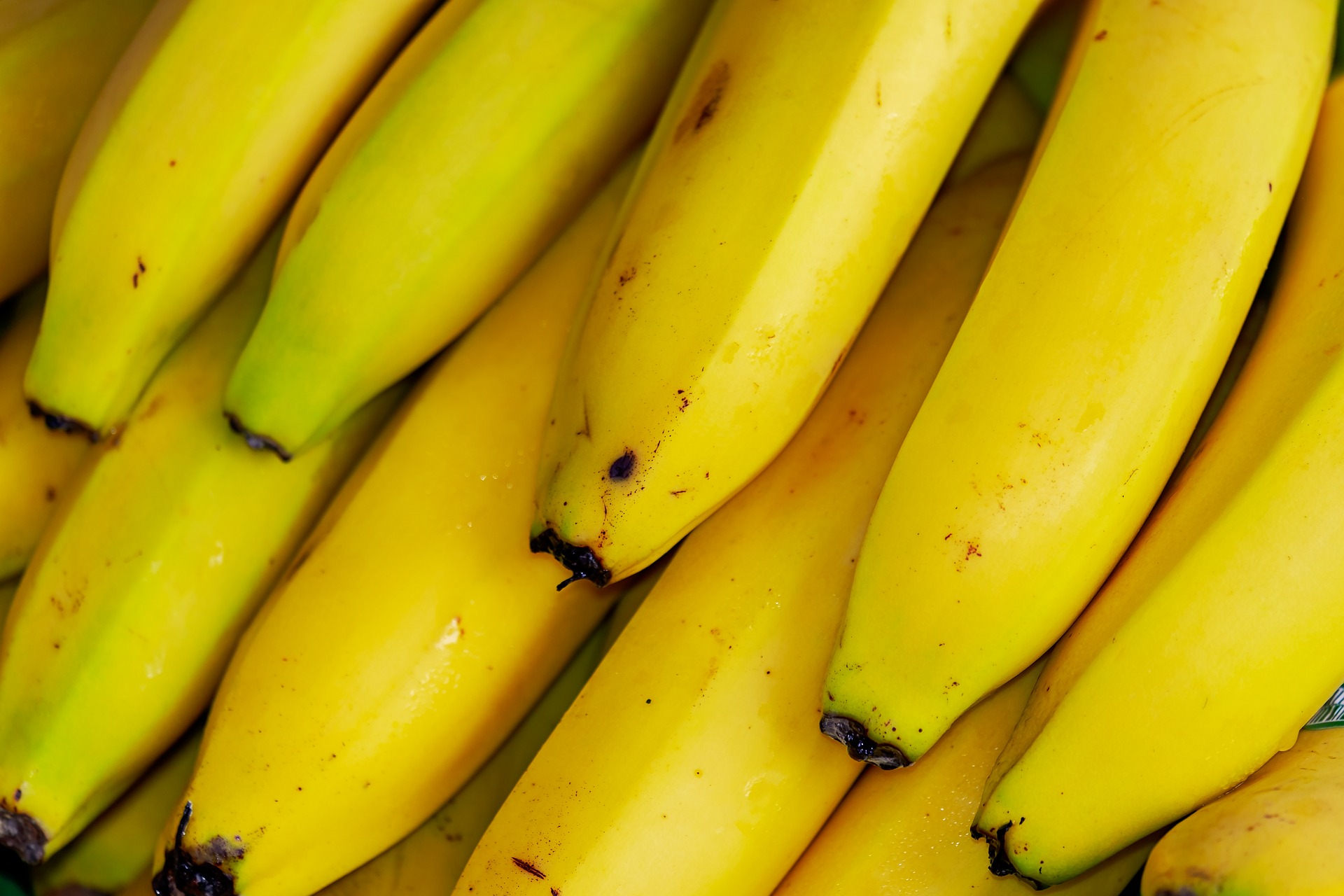
Forest Gardens for Closing the Global Carbon Cycle
Nuts, mangos, bananas, limes, silk from mulberry leaves, essential oils, timber, animal food, perfume from tree blossoms, mulch and biochar – the products from forest gardens are diverse and possess high potential to increase rural income. However, scarcely any farming family in the tropics can afford the investment to create such productive eco systems.
July 11, 2018 | Source: The Biochar Journal | by Hans-Peter Schmidt
Nuts, mangos, bananas, limes, silk from mulberry leaves, essential oils, timber, animal food, perfume from tree blossoms, mulch and biochar – the products from forest gardens are diverse and possess high potential to increase rural income. However, scarcely any farming family in the tropics can afford the investment to create such productive eco systems. Connecting to the global market through CO2-certificates could serve to finance the creation of forest gardens. By doing so, local food security, protection of groundwater, fostering of ecosystems, and global climate protection would mutually reinforce each other.
On the steep hills at the foot of the Himalayas, Nepalese people practiced organic agriculture for more than 2,500 years. By hand they terraced slopes and channeled water. Even fierce summer rains did not cause strong erosion across the cultivated terraces. Oxen plowed the tiny terraced fields two, often three times a year. Their dung, along with that of cows, buffalos and goats, acted as fertilizer.
